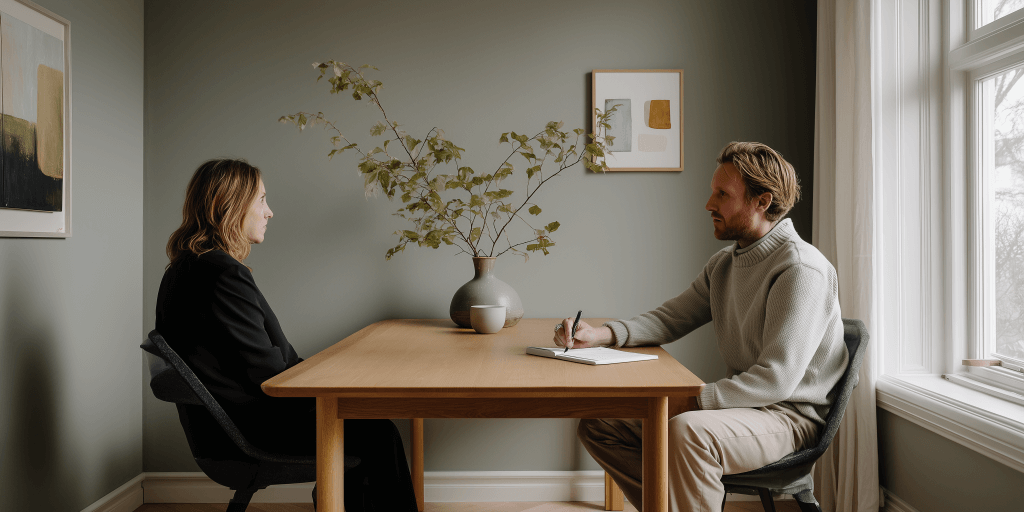Being vulnerable in a relationship is one of the most powerful ways to deepen emotional intimacy and build trust with your partner. While many people associate vulnerability with weakness, it is actually a sign of strength, courage, and self-awareness. Opening up allows you to express yourself honestly, share your feelings, and create a closer, more authentic connection with someone you care about.
Understanding Vulnerability in Relationships
Vulnerability is the willingness to share your emotions, thoughts, and experiences openly, even if it makes you feel uncomfortable or exposed. It involves expressing your true self, including fears, desires, insecurities, and dreams. In relationships, being more vulnerable encourages your partner to do the same, fostering mutual understanding and intimacy.
Being vulnerable is not about oversharing every detail of your life but rather communicating your feelings and needs genuinely. It requires trust and the understanding that your partner is willing to listen and support you without judgment. By embracing vulnerability, you allow your relationship to grow beyond surface-level interactions into meaningful emotional connection.
The Benefits of Being Vulnerable
- Stronger Emotional Connection
Sharing your feelings and emotions creates a deeper bond with someone. Vulnerability allows your partner to understand your experiences, concerns, and desires, making your connection more authentic. - Enhanced Trust
Trust is a cornerstone of healthy relationships. When you make yourself vulnerable, your partner sees that you trust them with your emotions. This encourages reciprocity, leading to greater emotional security and closeness. - 커뮤니케이션 개선
Expressing your feelings openly helps reduce misunderstandings. Being vulnerable encourages honest dialogue, allowing both partners to discuss challenges, expectations, and needs more effectively. - Personal Growth
Embracing vulnerability is a powerful tool for self-improvement. Sharing your thoughts and emotions with someone else can help you process feelings, gain perspective, and develop emotional resilience.
Common Obstacles to Vulnerability
Despite its benefits, many people struggle with being vulnerable because it can make you feel uncomfortable or exposed. Fear of rejection, judgment, or criticism often prevents individuals from sharing their true selves. Past experiences, low self-esteem, or a lack of trust in a partner can also hinder vulnerability.
Recognizing these obstacles is the first step toward becoming more open. It is normal to feel apprehensive, but gradually sharing your thoughts and emotions helps build confidence and strengthens your relationship.
Practical Tips to Be More Vulnerable
- 소규모로 시작하기
Begin by sharing minor feelings or experiences before moving on to more personal topics. This helps build trust and comfort gradually. - Express Yourself Honestly
Use clear and direct language to communicate your emotions. Avoid hiding behind sarcasm, humor, or detachment. - 적극적으로 듣기
Vulnerability is a two-way street. Encourage your partner to share their feelings and listen without judgment. This reinforces trust and mutual understanding. - Practice Emotional Awareness
Identify your feelings before sharing them. Being aware of your emotions allows you to articulate them more clearly and confidently. - Accept Discomfort
Being vulnerable may feel uncomfortable, but it is a sign of growth. Embrace the unease as part of building a stronger, more authentic relationship. - Create a Safe Environment
Foster an atmosphere where both partners feel secure expressing emotions. Avoid criticism or dismissal and show empathy and support. - 필요한 경우 지원 요청
If vulnerability is particularly challenging, consider talking to a therapist or counselor. Professional guidance can help you develop habits that make expressing yourself easier and more effective.
Making Vulnerability a Habit
Integrating vulnerability into your relationship requires consistent effort and intentionality. Make it a habit to check in with your partner, share your feelings, and ask about theirs. This routine reinforces emotional intimacy and makes vulnerability a natural part of your interactions.
Over time, being more vulnerable strengthens your connection, deepens trust, and fosters a sense of emotional safety. It allows both partners to navigate challenges together and celebrate successes, ultimately creating a more fulfilling and resilient relationship.
결론
Being vulnerable in a relationship is a courageous act that can transform how you connect with your partner. By expressing yourself openly, sharing your feelings, and embracing emotional honesty, you create a foundation of trust, intimacy, and personal growth. While it may feel uncomfortable at first, practicing vulnerability consistently leads to stronger, more meaningful relationships, and a deeper understanding of yourself and your partner.













